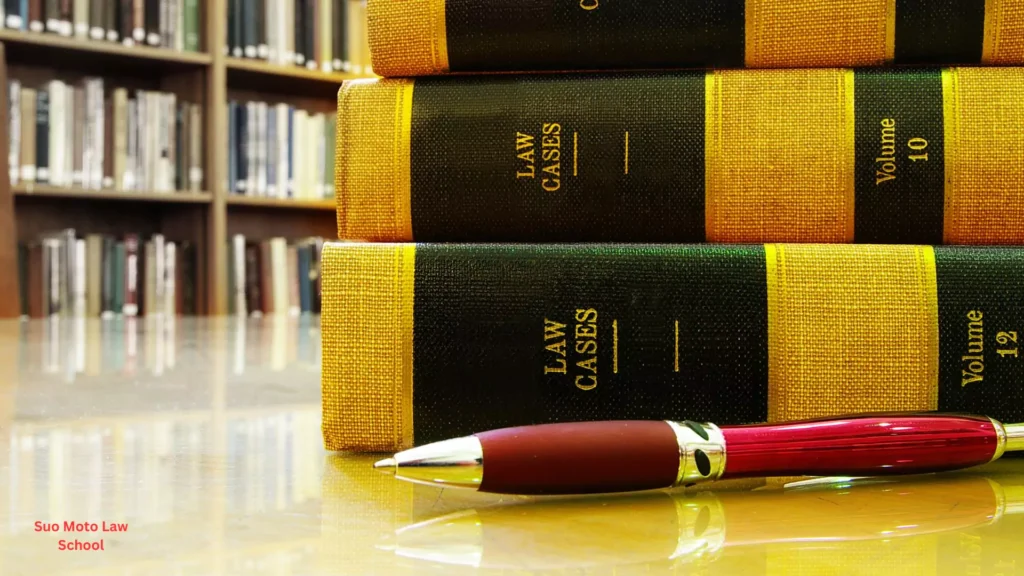Facts of State vs Mir Hossain Case
The dead body of Rokeya Begum with injuries was found on land by the side of the Sarwatali canal. The First Information Report was filed by the father of the deceased and Shah Alam, Husband of the Deceased Rokeya Begum, Khodeja, Second wife of Shah Alam, Mir Hossain alias Mira, and Alamgir had been depicted as killers of the deceased Rokeya Begum. Accused Shah Alam married accused Khodeja Begum as the second wife without the consent of first wife Rokeya Begum. Thereafter, the relationship between the deceased and accused Shah Alam had been strained.
Accused Shah Alam of torturing Rokeya Begum. On account of the torture, Rokeya Begum left his husband’s house and went to her father’s home. Later, Shah Alam convinced Rokeya Begum and took her into his house. On 11.1.1999, accused Mir Hossain, alias Mira, told Rokeya Begum that Shah Alam did not go to Dhaka and he was with his second wife Khodeja to find out the truth and ask her to go with him.
Then Rokeya Begum left the house with Mir Hossain, and on the next day, her dead body was found. All the accused are charged with an offense under Sections 302/34 Penal Code. After the trial, the Sessions Judge found them guilty of offenses under Sections 302/34 of the Penal Code and imposed a death sentence upon them.
Issues
Imposition of the death penalty upon convict-appellants warrants any interference by this Court on evidence, materials on record, facts, and circumstances of the case, and in the safe dispensation of criminal justice. The questions posed now may be approached and answered. There is no eye witness.
Decisions
The necessity of having material evidence to back up the statement of a co-accused has also been reflected in the matter of this case, where it was held that under section 30 of the Evidence Act, the confession of a co-accused can be taken into consideration, and on the strength of that confession, another co-accused can be convicted, provided the said confession is corroborated by any other evidence, either direct or circumstantial.
Judgment
However, the exercise of such sentencing discretion by the sentencing judges is one area that remained largely ignored by the Bangladesh criminal justice system. The High Court Division observed:
‘Sentencing discretion on the part of justice is the most difficult part to perform. There is no system or procedure in (our) Criminal Justice Administration, nor any rule to exercise such discretion. It is also not possible to lay down any cut-and-dry formula for imposing proper sentences. But the object of sentencing should be to see that the crime does not go unpunished and the society has the satisfaction that justice has been done.’
